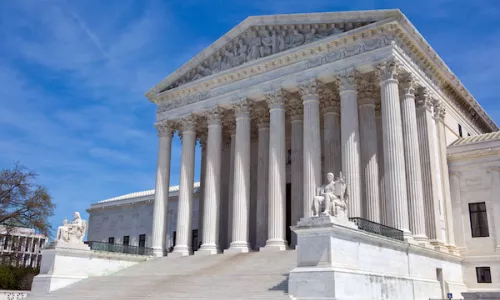First Amendment Court Cases
Resources
Explore Supreme Court opinions, overview essays, academic discussions, and other resources to get the full picture of how the United States’ culture of free speech and First Amendment law has developed over the years. Whether you’re an educator looking for classroom resources, a college student trying to understand your First Amendment freedoms on campus, or generally interested in your rights, our library and FIRE’s resources are here to help.

Case Archive
920Cases
Case Search
Explore First Amendment court cases and more.